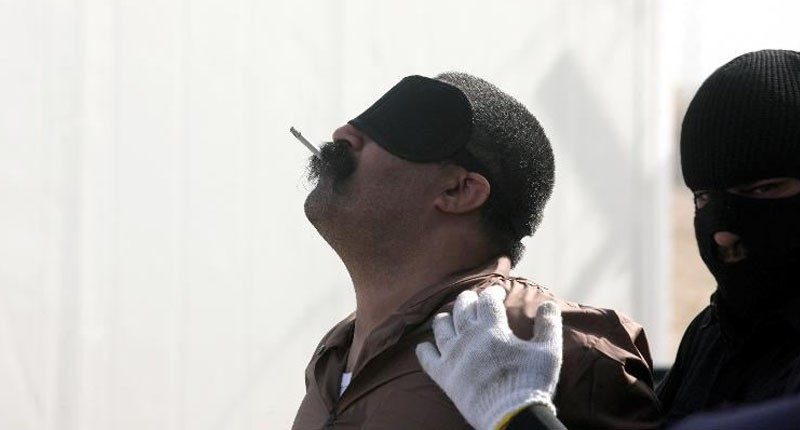
So far this year, more than 150 people have been executed in Saudi Arabia- the highest figure recorded by human rights groups for 20 years. Another 50 are said to be waiting for the capital punishment, among them the Palestinian artist and poet Ashraf Fayadh sentenced for the “crime” apostasy.
Three young Shia Muslims – arrested when they were minors – are also in line for beheading. Saudi Arabia’s use of the death penalty has sparked international alarm.
The country’s human rights record has been back in the news since January, when liberal blogger Raif Badawi was flogged after being convicted of insulting Islam.
That same month, disturbing video emerged of a Burmese woman accused of murder screaming: “I did not kill” until the moment her head was severed with a sword on a Saudi street, writes BBC.
Many of the over 150 people that have been executed this year, were convicted of non-violent crimes, including drug offences. Human rights activists say many of the trials were unfair.
Amnesty International has described “an unprecedented wave of executions marking a grim new milestone in the Saudi Arabian authorities’ use of the death penalty”.
Saudi Arabia is among the top three executioners worldwide, surpassed only by China and Iran, in Amnesty International’s latest global death penalty report. At least 2,208 people executed between January 1985 and June 2015.
48,5% of the people executed between January 1985 and June 2015 – 1,072 people – were foreign nationals, who make up around 33% of Saudi Arabia’s population of approximately 30 million.
Executions for drug related offences rose from just 4% in 2010 and 2011 to 28% in 2012 and 32% in 2013. By 2014 and June 2015 the percentage had risen to 47%.
This means almost half of executions in 2014 and until June 2015 are for non-lethal crimes.
Beheadings are the most common execution method in Saudi Arabia, but some executions also carried out byfiring squad.
Public executions typically take place in the public square of a town or city.
